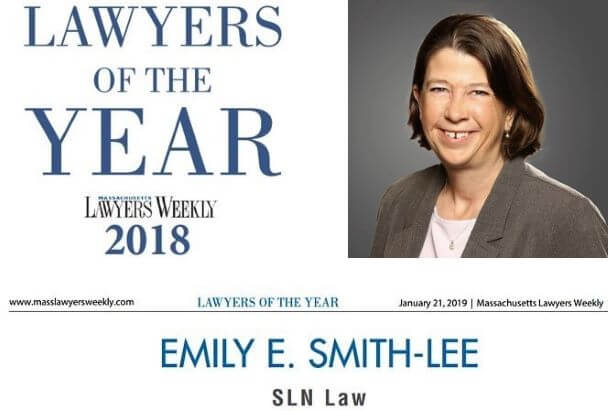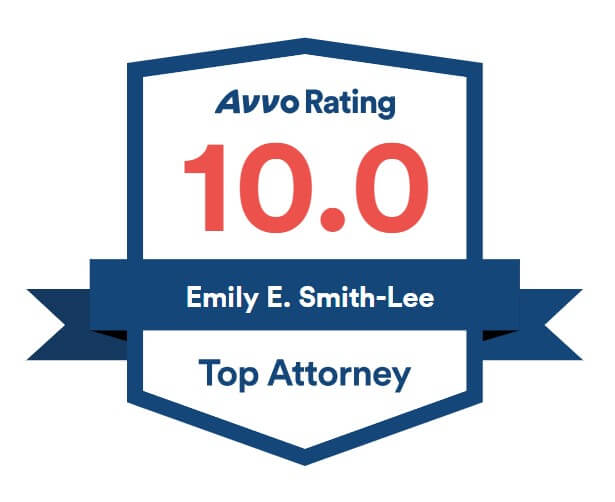Small Business Compliance Guide: Navigating the Corporate Transparency Act
Demystifying the Corporate Transparency Act: Vital Information for Small Business OwnersRunning a small business involves juggling numerous responsibilities, and staying updated about changes in the law is crucial. While you are immersed in managing your business, it's essential to be aware of legal shifts that might directly impact your operations. One such change on the horizon is the Corporate Transparency Act (CTA), set to take effect on January 1, 2024.
In summary, starting from January 1, 2024, most small businesses that are incorporated (whether as an LLC, a corporation, or an S corporation) will be obligated to submit information about their beneficial owners and key leadership individuals to the Financial Crimes Enforcement Network (FinCEN) within the U.S. Department of Treasury. Although this information won't be publicly accessible, it will form part of a database accessible to law enforcement. While CTA compliance might not appear daunting, the specific reporting form has not been released yet, making it essential to stay informed. Additionally, it might not initially concern you to have this information in the database. However, what should concern all small businesses is the potential criminal penalties for failing to report changes in beneficial ownership or provide updates. The Corporate Transparency Act (CTA): An OverviewThe Corporate Transparency Act, enacted as part of the National Defense Authorization Act for Fiscal Year 2021, represents a significant shift in corporate transparency and accountability in the United States. This legislation is designed to combat money laundering, tax evasion, and other illicit activities by requiring certain businesses to disclose information about their beneficial owners to the U.S. Department of the Treasury.
"Reporting Businesses" are the entities mandated to submit reports. In simple terms, if your business falls outside the 23 exemptions specified in the CTA and is registered with a state (e.g., LLCs and corporations), it qualifies as a "reporting business." If your business was incorporated before January 1, 2024, you will have one year to file the necessary information. However, any new businesses formed after this date will have a 30-day window to file (though there's a proposal to extend this to 90 days). Should the beneficial ownership of an existing company change, the updates must be reported within the same time frame. Navigating CTA Compliance: Exemptions and Considerations for Small BusinessesThe CTA includes specific exemptions, totaling 23 types of entities. These exemptions encompass a wide range of businesses, such as publicly traded companies, banks, and tax-exempt entities.
For many small for-profit businesses that don't fall into these regulated categories, the most crucial exemption to consider is the "large operating company" exemption. To qualify for this exemption, a company must meet certain criteria: (i) employ more than 20 full-time, U.S.-based workers; (ii) maintain a physical U.S. office or presence; and (iii) report over $5 million in gross revenues on the prior year's tax return. For the majority of small businesses (as 89% of U.S. small businesses have fewer than 20 employees), the "large operating company" exemption won't apply. Therefore, compliance with CTA reporting requirements is essential. |
We're Here to Help.OR
|
Questions About Corporate Transparency Act Compliance?
Our Solutions Roadmap is a quick and easy way to share the details of what you are facing and receive preliminary feedback from a member of our team. Use the button below to get started- it is 100% confidential and 100% free.
Consequences of Noncompliance: Penalties You Need to Know
Understanding the penalties for noncompliance is crucial for small businesses. Failing to meet the CTA's requirements can result in significant consequences:
- Civil penalties of up to $500 per day for each day of noncompliance.
- Criminal penalties, including imprisonment, for willful violations.
Your CTA Compliance Checklist: Tailored Guidance for Small Businesses
Small businesses must take proactive steps to ensure CTA compliance. To help you get started, here's a compliance checklist tailored to small businesses:
- Determine Your Status: Begin by evaluating whether your small business falls under the CTA's purview. This understanding is the first step towards compliance.
- Identify Beneficial Owners: The CTA mandates businesses to disclose their beneficial owners—individuals with a 25% or greater ownership interest or those with significant control over the company. Identifying these individuals accurately is crucial.
- Review Your Corporate Entities: If your small business already has corporate entities in place, review your ownership and leadership structure in light of the reporting requirements. Ensure your business structure aligns with these new regulations, especially if you assumed that ownership information would remain confidential.
Meet Our Business Attorneys

Emily Smith-Lee is the owner and founder of slnlaw. She is a 1996 graduate of Boston College Law School. She was previously a partner at the Boston office of a large international firm, where she worked for thirteen years with a focus on business litigation. In 2009, she started the firm that since became slnlaw, and has grown it from a solo practice to a five-attorney firm with multiple practice areas. She has been recognized as Massachusetts Superlawyer each year since 2013, and in 2018 earned recognition as one of Massachusetts Lawyers Weekly's Lawyers of the Year. She has written a book on employment law: Rules of the Road, What You Need to Know About Employment Laws in Massachusetts, and helped hundreds of small business owners with contracts, business transactions, employment law advice, business incorporation, and risk management. She has also litigated business disputes in state and federal courts.

Rebecca Rogers: Rebecca is a 2006 graduate of Boston College Law School, and has worked with slnlaw since 2013. She previously worked as an intellectual property litigation attorney for Fish & Richardson in Boston, Massachusetts, and clerked for the Massachusetts Supreme Judicial Court. Rebecca has helped clients with business contracts, employment contracts, and employment law advice.

Jenna Ordway: Jenna is a 2013 graduate of Quinnipiac Law School, and also earned an LLM in Taxation from Boston University in 2015. She has been affiliated with slnlaw since 2011, first as a law clerk and then as an attorney. Jenna has been recognized since 2019 as a "Rising Star" by Massachusetts Superlawyers. Jenna has helped many small business owners with simple and complex business incorporation, contract review, advice and analysis regarding business disputes, employment law advice, and advice about business succession considerations as part of estate planning.

Elijah Bresley: Eli is a 2014 graduate of Seton Hall Law school, and has worked with slnlaw since 2020. He previously worked for a boutique employment law firm outside of Boston, and then for the Labor and Employment department of a large Boston firm. He also spent a year clerking for the judges of the Superior Court in Hartford, Connecticut. Eli has helped our small business clients with employment law advice and defense of employment-related lawsuits in MCAD and state and federal courts.

Sharleen Tinnin: Sharleen is a 2010 graduate of Northeastern University School of Law, and has been with slnlaw since 2023. Prior to joining slnlaw, she worked with King, Tilden, McEttrick & Brink, P.C. on complex civil litigation matters. She previously worked for the United States Department of Justice, and received an "Excellence in Justice" award in 2017. Sharleen has helped clients litigate business disputes in state and federal courts, and advised business owners about succession considerations as part of their estate planning.
How We Can Help
Our team specializes in helping small businesses, including understanding and meeting the CTA's compliance requirements. We'll guide you through the process, ensuring your business remains on the right side of the law while minimizing potential risks. You can use the button below to schedule a free consultation, or give us a call at (781) 784-2322.
|
Emily Smith-Lee Rated by Super Lawyers loading ... |
Jenna Ordway
Rated by Super Lawyers loading ... |


